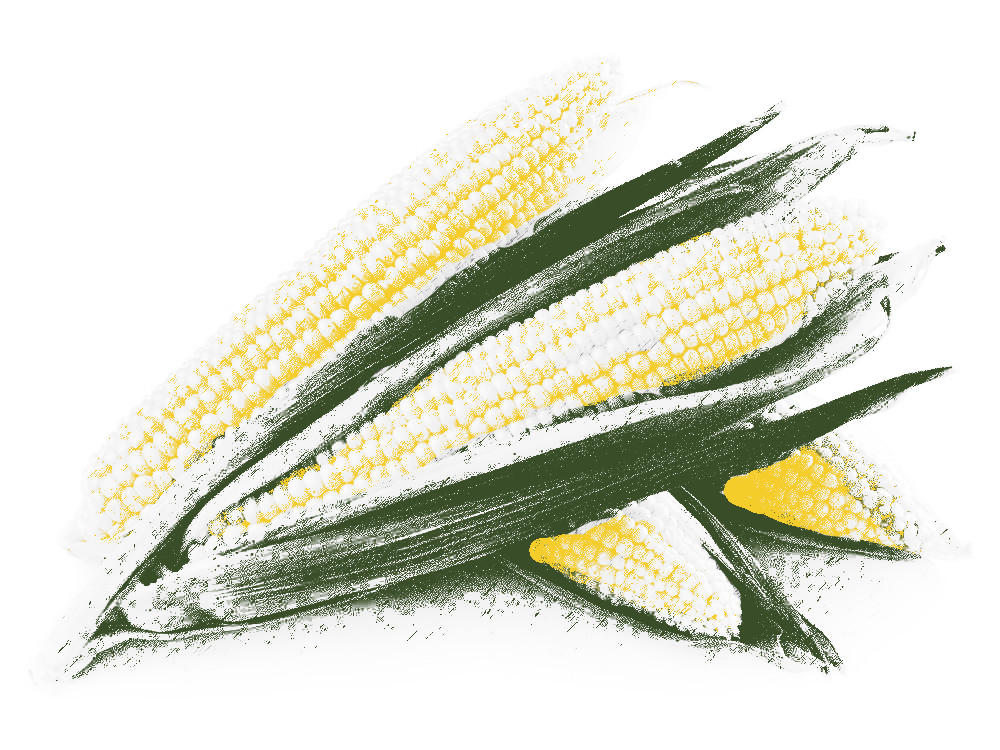Приказ основних података о документу
Leaf transcriptome analysis of Lancaster versus other heterotic groups’ maize inbred lines revealed different regulation of cold‐responsive genes
| dc.creator | Banović Đeri, Bojana | |
| dc.creator | Božić, Manja | |
| dc.creator | Dudić, Dragana | |
| dc.creator | Vićić, Ivan | |
| dc.creator | Milivojević, Marija | |
| dc.creator | Ignjatović-Micić, Dragana | |
| dc.creator | Samardžić, Jelena | |
| dc.creator | Vančetović, Jelena | |
| dc.creator | Delić, Nenad | |
| dc.creator | Nikolić, Ana | |
| dc.date.accessioned | 2023-04-07T09:42:02Z | |
| dc.date.available | 2023-04-07T09:42:02Z | |
| dc.date.issued | 2021 | |
| dc.identifier.issn | 1439-037X | |
| dc.identifier.uri | http://rik.mrizp.rs/handle/123456789/1137 | |
| dc.description.abstract | One of the strategies for overcoming global climate change threatening to decrease maize yield is early sowing. To contribute to the development of cold-tolerant hybrids this research focused on the genetic background's comparative analysis in maize inbreds with good combining ability. Leaf whole-transcriptome sequencing of 46 maize genotypes revealed 77 differentially expressed genes (DEGs) between Lancaster and other heterotic groups (i.e. BSSS, Iowa dent, Ohio), referred to as non-Lancaster group, under optimal growing conditions. Cold test of the subset of four Lancaster and four non-Lancaster lines showed that the former were cold sensitive and the latter cold tolerant. Cold-induced expression analysis of seven DEGs in eight lines revealed different expression regulation dependent on the duration of cold exposure and genetic background for six out of seven analysed genes—chloroplast ATP-sulphurylase, photosystem II cytochrome b559 alpha subunit, CIPK serine-threonine protein kinase 15, glutamyl-tRNA reductase, photosystem II reaction centre protein I and Calvin cycle CP12-chloroplastic-like encoding genes. The results imply that differently regulated basic processes between Lancaster and non-Lancaster maize group involve, at least, photosynthesis and sulphate assimilation, contributing to their different cold response and different adaptation to low temperatures. | sr |
| dc.language.iso | en | sr |
| dc.publisher | Hoboken, New Jersey : Wiley | sr |
| dc.relation | info:eu-repo/grantAgreement/MESTD/inst-2020/200042/RS// | sr |
| dc.relation | info:eu-repo/grantAgreement/MESTD/Technological Development (TD or TR)/31028/RS// | sr |
| dc.rights | restrictedAccess | sr |
| dc.source | Journal of Agronomy and Crop Science | sr |
| dc.subject | heterosis, low temperature, maize grain yield, transcriptomics | sr |
| dc.title | Leaf transcriptome analysis of Lancaster versus other heterotic groups’ maize inbred lines revealed different regulation of cold‐responsive genes | sr |
| dc.type | article | sr |
| dc.rights.license | ARR | sr |
| dc.citation.volume | 208 | |
| dc.citation.spage | 12529 | |
| dc.identifier.doi | 10.1111/jac.12529 | |
| dc.type.version | publishedVersion | sr |


